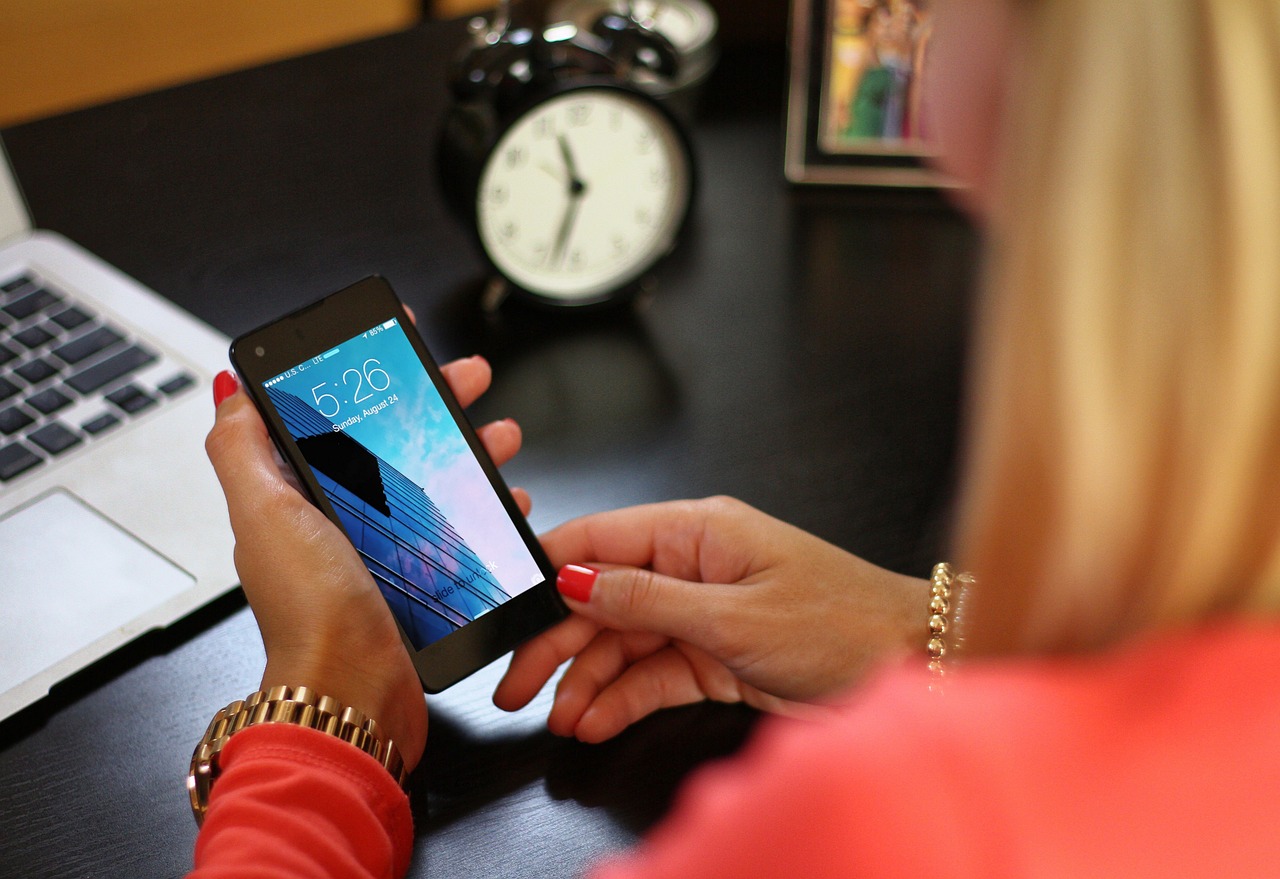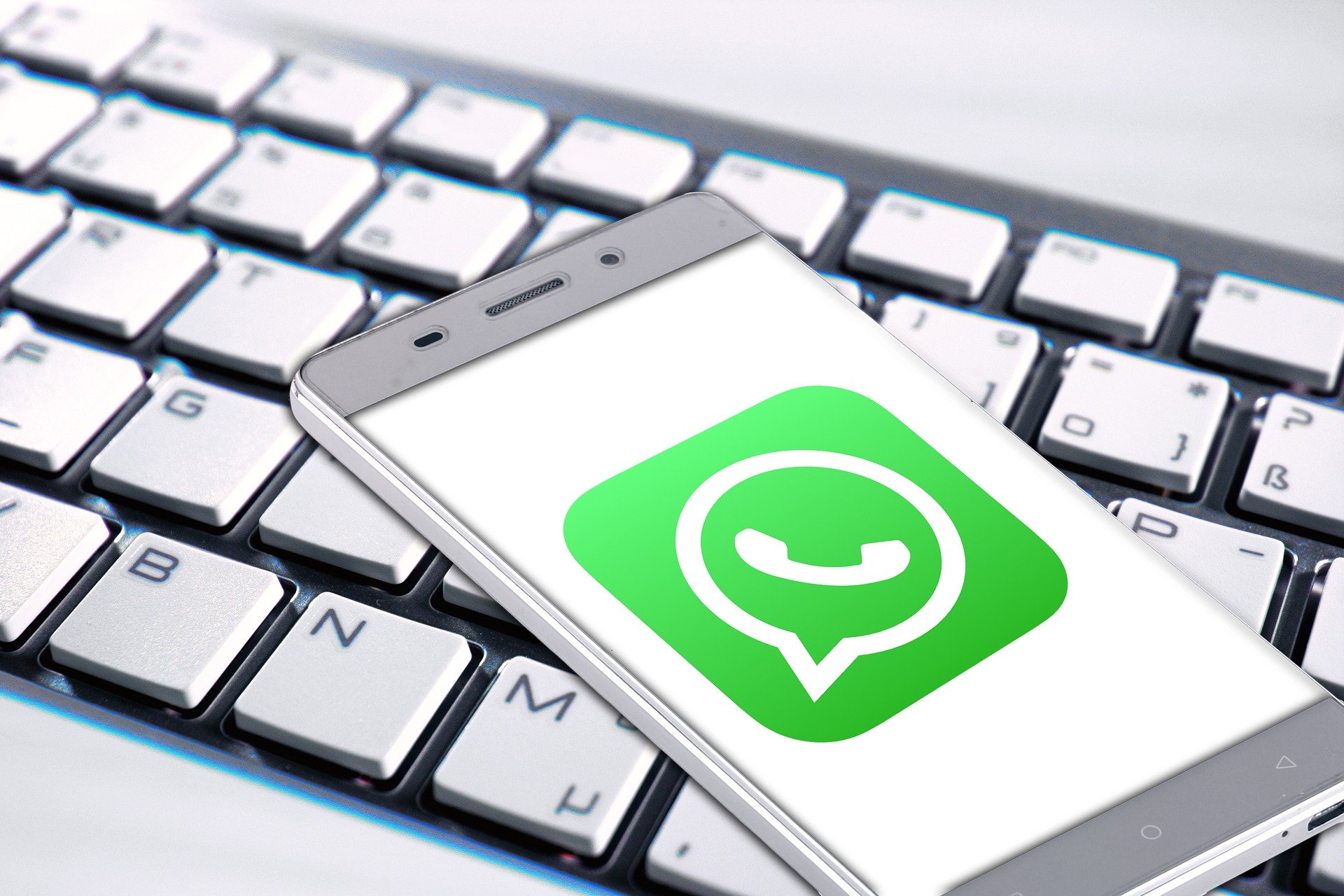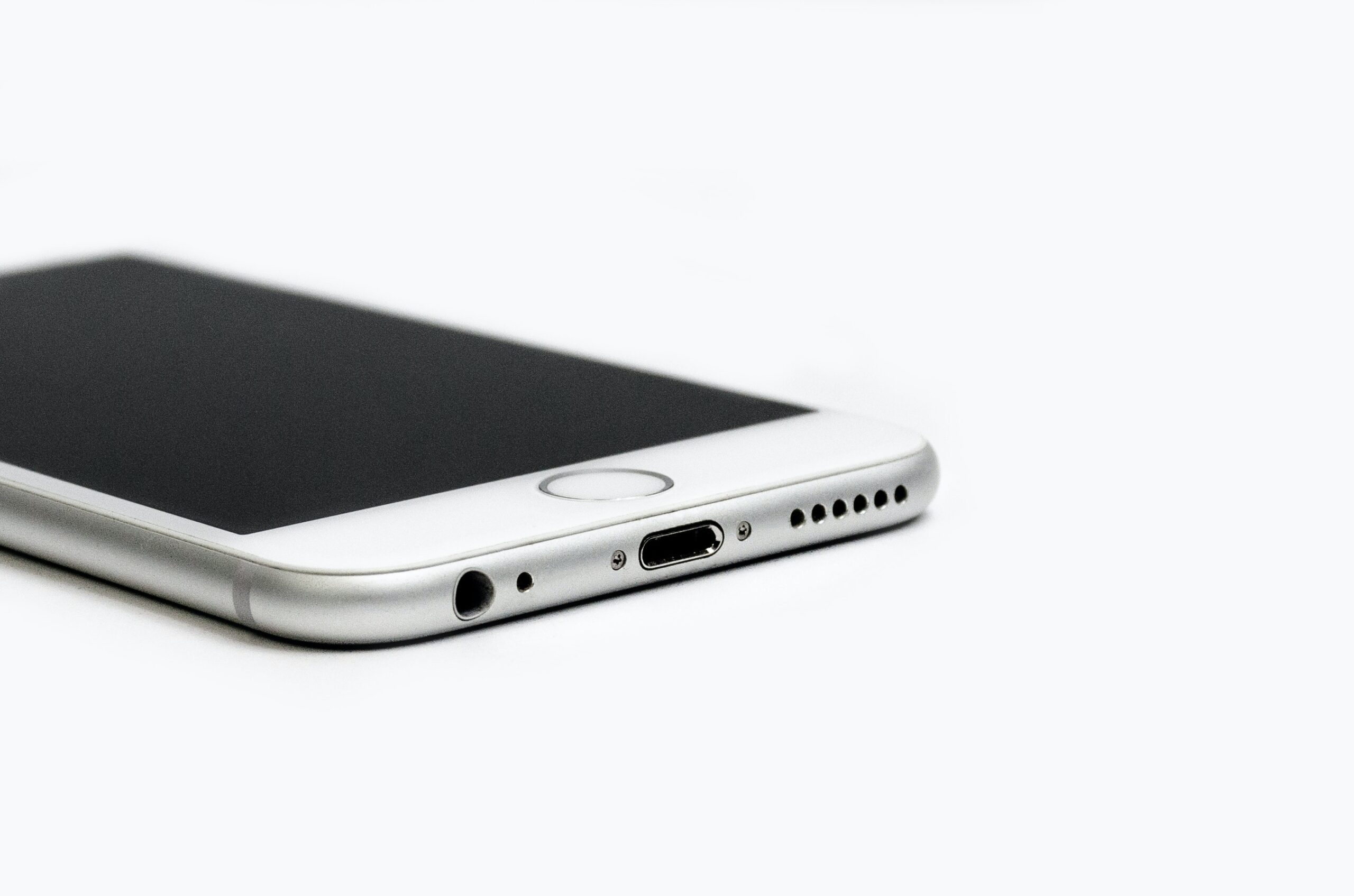Here are some tips to follow if your cell phone overheats. Heat can affect the functioning of the device.
Brazil has been experiencing a heat wave in recent weeks, which can be harmful to both your physical health and your cell phones. In Mato Grosso do Sul, temperatures have been above 40°C, meaning the chance of overheating is usually low, but the risk can increase in situations where you are exposed to direct sunlight, such as holding your device close to the windshield of a car or staying with it on the beach for a long period of time.
In these situations, the cell phone may malfunction, such as turning off out of nowhere and even exploding in more extreme situations. This can also cause problems for the user if they are holding the device in their hand. It is important to be aware of these situations and remember to never throw water on the device or put it in the refrigerator.
Now, see some tips on what to do in these cases to resolve the situation and avoid bigger problems with the device.

Hot cell phone
Smartphones are designed to withstand high temperatures, typically up to 40°C. When they reach this temperature, they may start to present problems with the system and also with the battery.
System: The system is the brain of the phone and makes it work. When it heats up, it is because the components of the device are working normally. The more apps in use, the hotter it gets.
Battery: The battery contains metal compounds, which react chemically when the temperature rises too high. This can result in accelerated loss of charge and damage. in the useful life, that is, as time goes by, it can hold energy for less time.
Alerts
– On hot days, do not use rubber cases. Although they protect against drops and scratches, they can concentrate even more heat in the device;
– Avoid leaving the device exposed directly to sunlight;
– While your phone is charging, avoid touching it and if you notice that the device is hot, close some apps;
– If it is still hot, turn it off for a few minutes;
– Do not use pirated chargers. In addition to heating up the device, they can reduce the battery life.
What to do in case of overheating
Keep the device away from sunlight
It is important to keep your cell phone away from very hot places, as the device absorbs heat very quickly. If the day is very sunny, the cell phone may try to increase the brightness of the screen to make it easier to read, which may require more of it, consuming more battery. This may increase the chances of it turning off by itself, to protect itself.
Don't force the device too much
As difficult as it may be to stop using your cell phone, it may be necessary. In these cases, it is best to limit your use. Avoiding using your camera can also be a good idea, since it requires several tools to work. Using your cell phone as a router is another way to make it heat up faster.
Take off the cover
Protective cases can make it difficult for your phone to dissipate heat effectively. If you use a protective case on your device, consider removing it and keeping your phone away from direct contact with your body.
Use battery saving mode
In addition to limiting the use of the device, you can also limit what it does on its own. The mode of battery saving disables networks, locks the device faster, dims the screen, and closes some background apps. These settings can also help prevent overheating.



